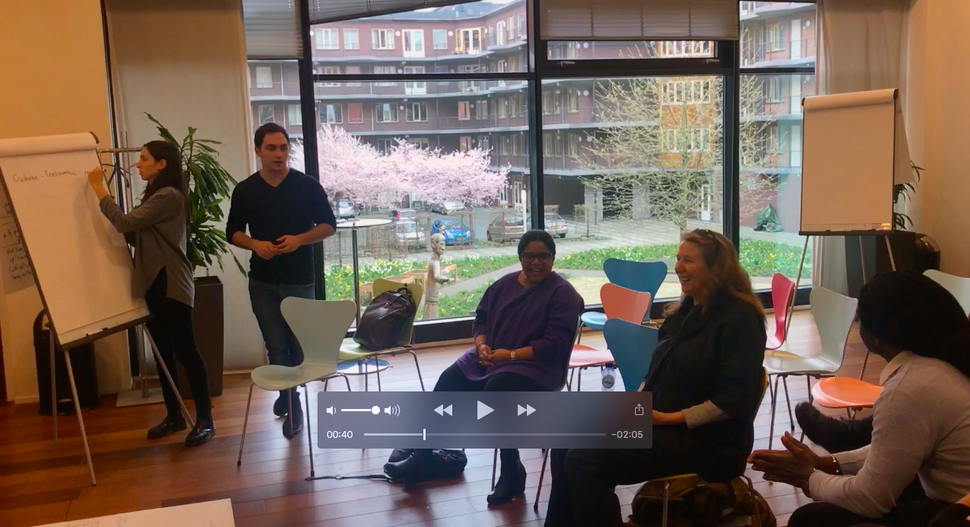Case 4: Loneliness of the seniors, youth and the LGBTI+ community (Eenzaamheid van senioren, jongeren en LGBTI+)
Part of
Keywords
(Eenzaamheid van senioren, jongeren en LGBTI+)
This case explores informal care (mantel zorg) and mental health in complex situations and in vulnerable groups. The underlying issue is loneliness amongst these groups, which are two subjects that are hard to directly measure and document; loneliness and who is part of these communities.

In this case, the issue of loneliness will be looked at from the rhythm perspective. In fact, mental care, informal care (like care homes for the elderly) as well as loneliness are very much rhythm based; if a person does not have many means to go out, and when they do, they don’t find anyone nearby to share any exchange, it is very likely that they might be getting lonelier.
From the data perspective, although these issues are hard to measure and are sensitive due to their private nature, OIS has datasets on eenzaamheid. Also checking the veiligheidsmonitor and leefbaarheidsmonitor may provide insight on this issue.